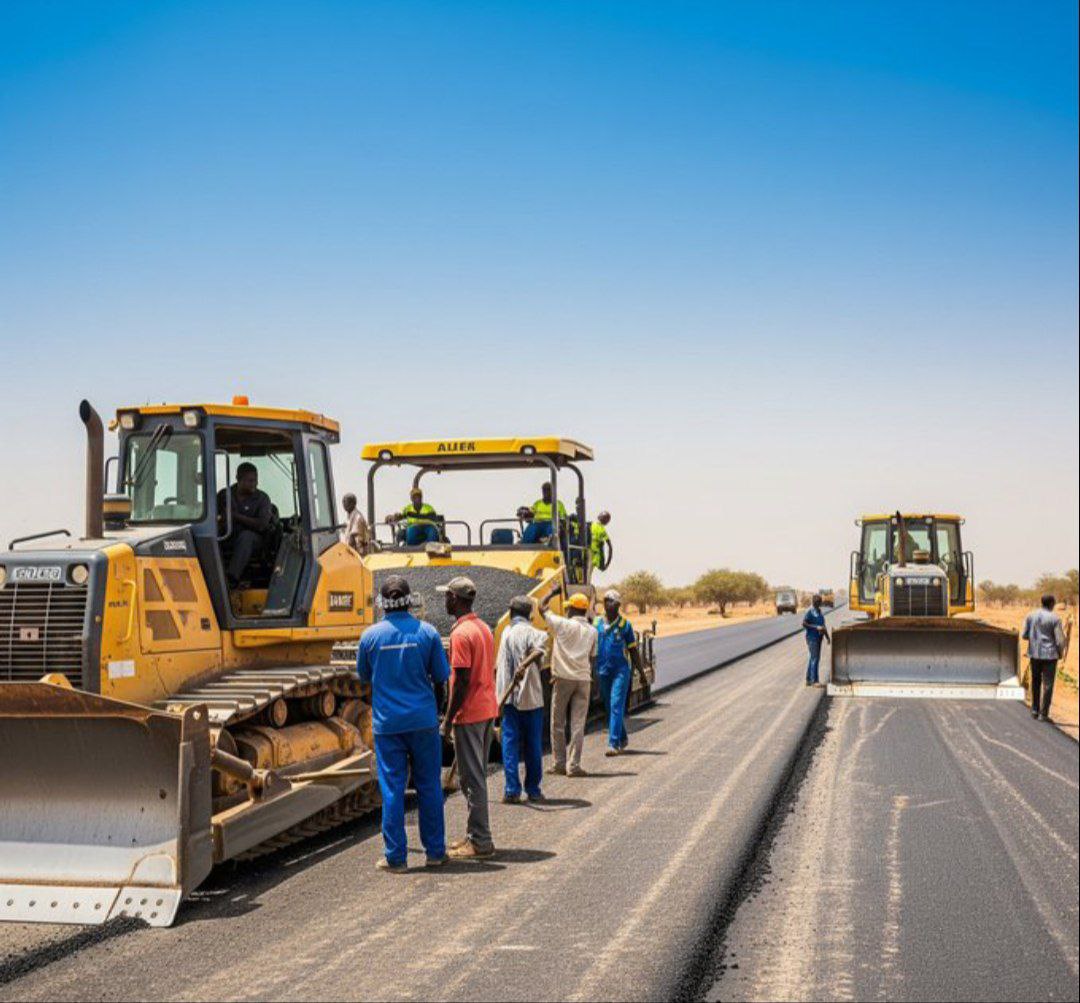
Bamako has convened more than 90 African and international experts for the 17th meeting of the Association of African Road Managers and Partners (AGEPAR), highlighting the urgent need to modernize and sustain the continent’s road infrastructure.
The conference, which runs until September 27, brings together public officials, donors, and private sector stakeholders to address one of Africa’s most pressing development challenges.
Under the theme “Sustainability of Road Infrastructure in Africa: Issues, Solutions, and Prospects,” the event focuses on improving road networks amid climate change, population growth, and rising intra-African trade.
“Roads remain a fundamental lever for economic integration, representing more than 80% of intra-African trade,” said Mali’s Minister of Transport and Infrastructure, Dembélé Madina Sissoko.
She described the conference as “a unique platform for sharing experiences, strengthening cooperation, and attracting new technical and financial partnerships.”
Mali has launched a major program to rehabilitate and maintain nearly 20,000 kilometres of national and regional roads, with a projected investment of 182 billion CFA francs by 2025.
Regional projects are also underway, including $219.8 million approved by the World Bank to strengthen connectivity along the Bamako-Dakar corridor, particularly the 137.7 km Diéma-Sandaré section.
AGEPAR, currently comprising 25 member countries, aims to foster strategic reflection on technical standards, financing models, and sustainability innovations.
Across Sub-Saharan Africa, less than a quarter of roads are paved, contributing to a $100 billion annual infrastructure deficit, with nearly 40% of this gap in the road sector.
Conference sessions will explore practical solutions such as the use of recycled materials for pavements, predictive maintenance technologies, and the development of multimodal logistics corridors to support the African Continental Free Trade Area (AfCFTA).
Recommendations from the forum are expected to guide national and regional policies, enhancing the resilience and efficiency of African transport networks.
For Mali, positioned as a strategic hub between West and Central Africa, the AGEPAR meeting is more than a technical gathering. It signals a political commitment to building a modern, sustainable road network capable of driving economic integration, population mobility, and long-term growth across the region.



